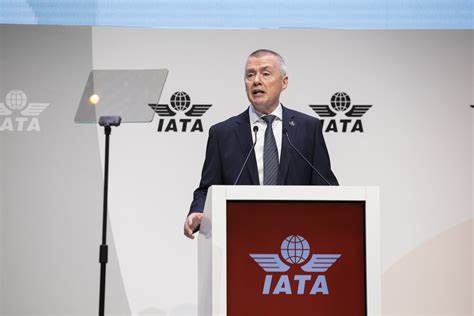
The International Air Transport Association (IATA) has marked the first 20 years of the IATA Operational Safety Audit (IOSA) at the IATA World Safety and Operations Conference, which took place in Hanoi, Vietnam, recently.
IATA’s Senior Vice President Operations, Safety and Security, Nick Careen, said: “Over the past two decades, IOSA has made a major contribution to improving safety, while reducing the number of redundant audits. While it is a condition of membership in IATA, more than 100 non-IATA member airlines also see the value of participating and we welcome others. Likewise, while more than 40 governments use or are intending to use IOSA in their safety oversight programs, many more do not.”
The safety data confirm that in aggregate, airlines on the IOSA registry have a lower accident rate than airlines that are not on the IOSA registry. Since 2005, the all-accident rate for airlines on the IOSA registry is 1.40 per million sectors, compared with 3.49 per million sectors for non-IOSA airlines.In 2022, IOSA registered carriers outperformed those not on the registry by a factor of four (0.70 accidents per million sectors vs. 2.82 accidents per million sectors).
Reflecting the strong safety performance of airlines on the IOSA registry, IATA entered into IOSA’s third decade with a call for regulators to recognize the significant contribution to safety that IOSA makes as the global standard for airline operational safety and to incorporate IOSA into their own safety regulatory oversight programs.
It also called for airlines not yet on the IOSA registry to join. Currently, some 417 operators are on the IOSA registry, of which 107 are non-IATA members.
IOSA was launched in September 2003 with Qatar Airways as the first airline to be audited and join the IOSA Registry.






